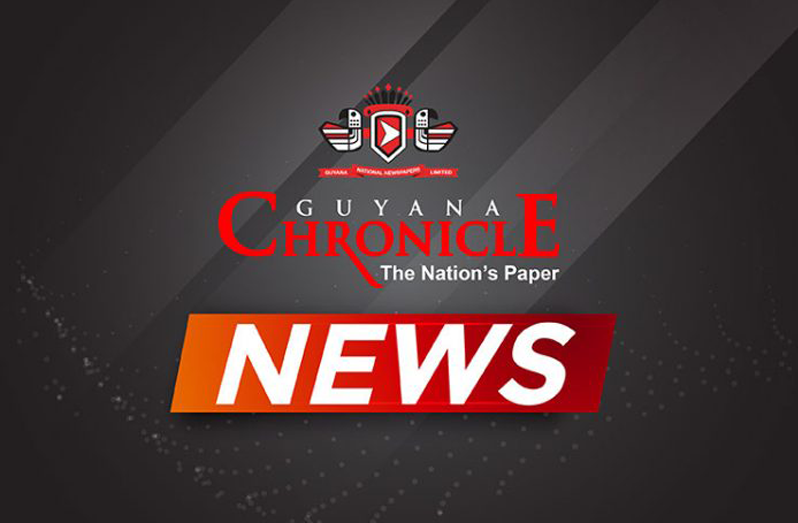Venezuela has declined to participate in the court action filed by Guyana to the International Court of Justice (ICJ) with respect to age old territorial controversy between the two neighbours.
“The Venezuelan delegation has informed the president of the court, through a letter signed by the President of the Republic, Nicolás Maduro Moros, of its sovereign decision not to participate in the procedure that Guyana intends to initiate, since the Court manifestly lacks jurisdiction over an action unilaterally proposed by the neighboring country, which does not have the consent of Venezuela, “a communiqué issued by the People’s Power Ministry for Foreign Affairs said Monday after meeting with International Court of Justice (ICJ) Abdulqawi Ahmed Yusuf.
Guyana and Venezuela were both been invited to meet with the President of the ICJ today to fix a schedule for the filing of written pleadings in the border controversy case. Guyana filed an application with the ICJ on March 29, 2018 requesting the Court to confirm the legal validity and binding effect of the 1899 Arbitral Award regarding the boundary between Guyana and Venezuela. As such, the ICJ invited representatives of both Guyana and Venezuela to meet at The Hague, Netherlands based court to fix schedules for written pleadings.
However, Monday, Venezuela, through its Vice President Delcy Rodríguez, who was accompanied by Foreign Minister Jorge Arreaza, made it clear that its decision not to participate in the ICJ matter “is consistent with Venezuela’s historical position of not recognising the jurisdiction of such international judicial body-in no case- and much less to settle this controversy where Venezuela shall make all efforts to defend its legitimate rights to the Guyana Esequiba.”
“The Bolivarian Republic of Venezuela dwelled the occasion to reiterate to the Cooperative Republic of Guyana the invitation to resume the good faith negotiations with the broadest, most sincere and best willingness to reach a settlement which may be practical and satisfactory for both parties, as intended by the 1966 Geneva Agreement,” the statement said.
Earlier this year, United Nations Secretary-General Antonio Gutteres referred the Guyana/Venezuela controversy to the ICJ. He determined that the Good Offices Process had failed to achieve a peaceful settlement of the controversy. Guterres took a formal and binding decision, under Article IV, paragraph 2 of the Agreement, to choose a different means of settlement under Article 33 of the Charter.
Venezuela is claiming that the 1899 Arbitral Tribunal Award, which had given more than 90 per cent of an area to then British Guiana (now Guyana), is null and void. Approximately 118 years after that award was issued, Guyana remains resolute in its position that a juridical course of action is the only means through which this matter can be permanently resolved.
In its Application, Guyana requests the Court “to confirm the legal validity and binding effect of the Award Regarding the Boundary between the Colony of British Guiana and the United States of Venezuela, of 3 October 1899 (hereinafter the ‘1899 Award’)”.
Guyana contends that the 1899 Award was “a full, perfect, and final settlement” of all questions relating to determining the boundary line between the colony of British Guiana and Venezuela.
It is Guyana’s position that, between November 1900 and June 1904, a joint Anglo-Venezuelan Boundary Commission “identified, demarcated and permanently fixed the boundary established by the . . . Award” before the signing of a Joint Declaration by the Commissioners on 10 January 1905 (referred to by Guyana as the “1905 Agreement”).
Guyana contends that, in 1962, for the first time, Venezuela contested the Award as “arbitrary” and “null and void”. This, according to the Applicant, led to the signing of the Agreement to resolve the controversy between Venezuela and the United Kingdom of Great Britain and Northern Ireland over the frontier between Venezuela and British Guiana at Geneva on 17 February 1966 (the Geneva Agreement), which “provided for recourse to a series of dispute settlement mechanisms to finally resolve the controversy”.
Additionally, Guyana submits that the Geneva Agreement authorized the United Nations Secretary-General to decide which appropriate dispute resolution mechanism to adopt for the peaceful settlement of the dispute, in accordance with Article 33 of the United Nations Charter.



.jpg)








